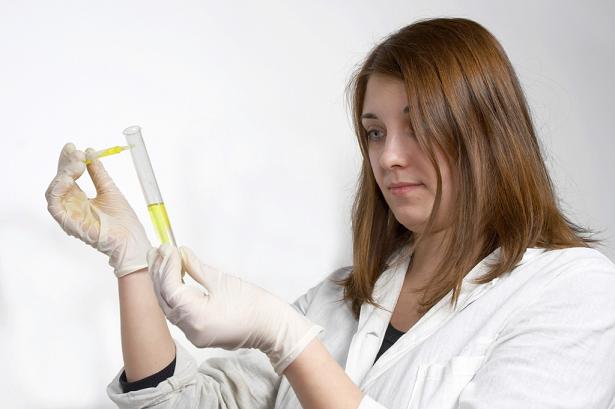 Urinary Tract Infections Becoming More Resistant To Drugs
Urinary Tract Infections Becoming More Resistant To Drugs
Bad news for all you ladies prone to UTIs: a new study has found that that the bacteria causing these problems are increasingly becoming more resistant to drug treatments.

According to Science Daily, the study of over 12 million bacteria found that E. coli resistance to ciprofloxacin, which is the antibiotic most commonly used to treat UTIs, increased five-fold between 2000 and 2010. And apparently, even the second most commonly prescribed UTI drug Bactrim can't do much to ease the pain.
These findings trouble for treating the UTIs of the future, since E. coli is responsible for between 75% to 95% of these infections. That means that treatment will soon be more complicated and expensive.
Guess we'll just have to keep chuggin' cranberry juice and keeping our fingers (and legs) crossed while we wait for the researchers to comes up with a solution.

According to Science Daily, the study of over 12 million bacteria found that E. coli resistance to ciprofloxacin, which is the antibiotic most commonly used to treat UTIs, increased five-fold between 2000 and 2010. And apparently, even the second most commonly prescribed UTI drug Bactrim can't do much to ease the pain.
These findings trouble for treating the UTIs of the future, since E. coli is responsible for between 75% to 95% of these infections. That means that treatment will soon be more complicated and expensive.
Guess we'll just have to keep chuggin' cranberry juice and keeping our fingers (and legs) crossed while we wait for the researchers to comes up with a solution.
















